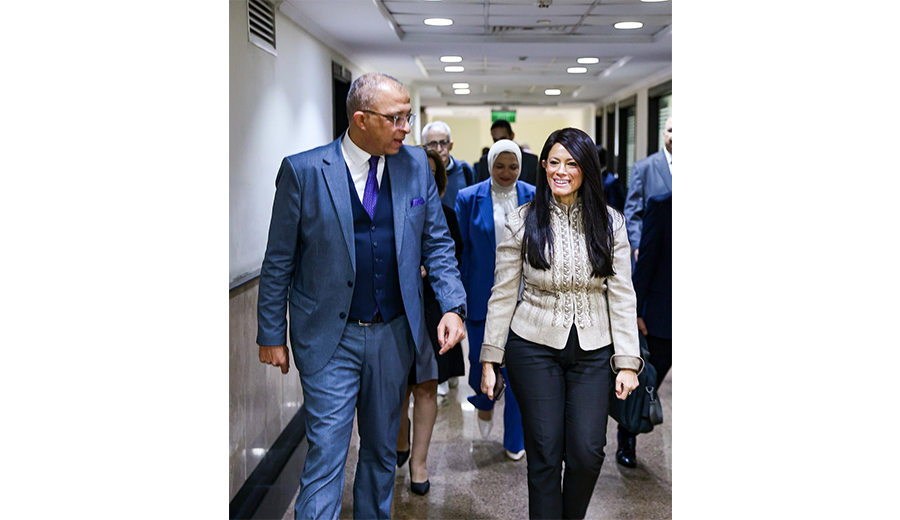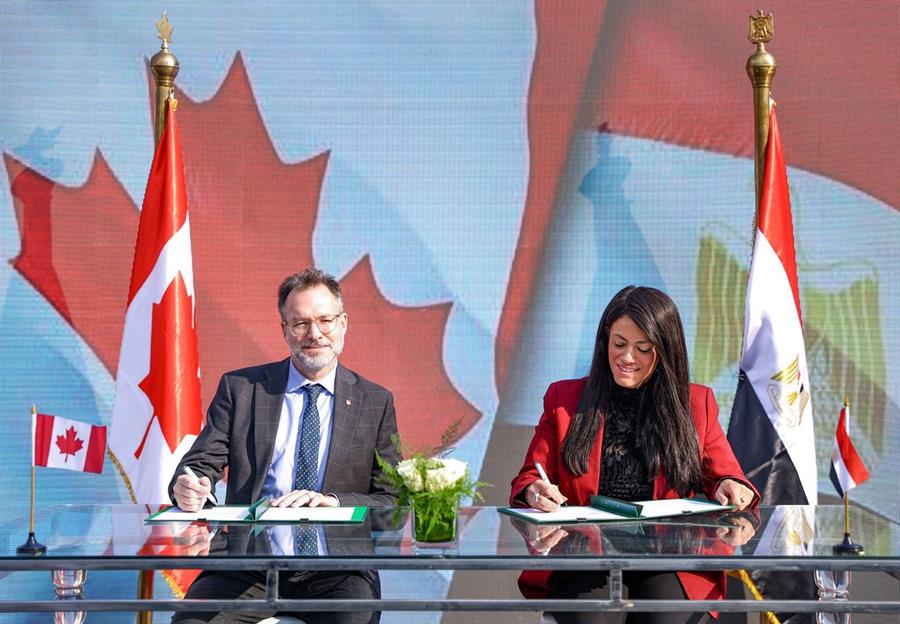The Ministry of Planning and Economic Development announces the services provided by mobile technology certre cars

09 March 2022
The Ministry of Planning and Economic Development announced the services provided by the mobile technology centre cars to citizens, which were made available within the framework of the ministry’s signing of several cooperation protocols with the Ministry of Interior (Civil Status Sector - Traffic and Civil Protection Sector) and the Ministry of Justice (Documentation and Real Estate Publication Sector) to equip some cars mobile technology.H.E. Dr. Hala El-Said, Minister of Planning and Economic Development, said that the mobile technology centre cars come within the framework of the state's belief in the importance of information technology and its role in achieving sustainable development, and accelerating the transformation of the government sector, which represents a cornerstone for developing individuals' lives and developing the economy.El-Said praised the cooperation with the Ministries of Justice and Interior and the keenness of the two ministries to facilitate the citizens and efficiently provide services.She also clarified that hotlines have been provided to request various services, find out where the mobile technology centers are, and receive any other inquiries about those services, noting that the total number of mobile centers has so far reached 107.To request the services of the documentation centers (agencies of all kinds, and transfer of ownership) provided by the mobile technology centers of the Ministry of Justice, and to identify the whereabouts of cars through the hotline 15999. It is also possible through the hotline 15558 to request traffic services and identify the locations of cars, and these services include extracting driving licenses, driving licenses (damaged replacement - replacement for lost), extracting an electronic sticker, automatic technical examination, and traffic requirements for cars (owners - light transport up to 1 5 tons).
The services are provided completely electronically (without papers) in the governorates of Cairo, Giza, Alexandria, Aswan, and Matrouh throughout the week, starting from 10 in the morning until 10 in the evening.The cost of these services shall be following the fees prescribed for each service, with the provision of electronic payment.Through the hotline 15340, it is possible to identify the locations of the mobile technology centers that provide civil status services, which include the services of extracting / renewing / issuing a replacement for the damaged national number card and the service of extracting various issues, birth certificates, death certificates, marriage and divorce certificates.









